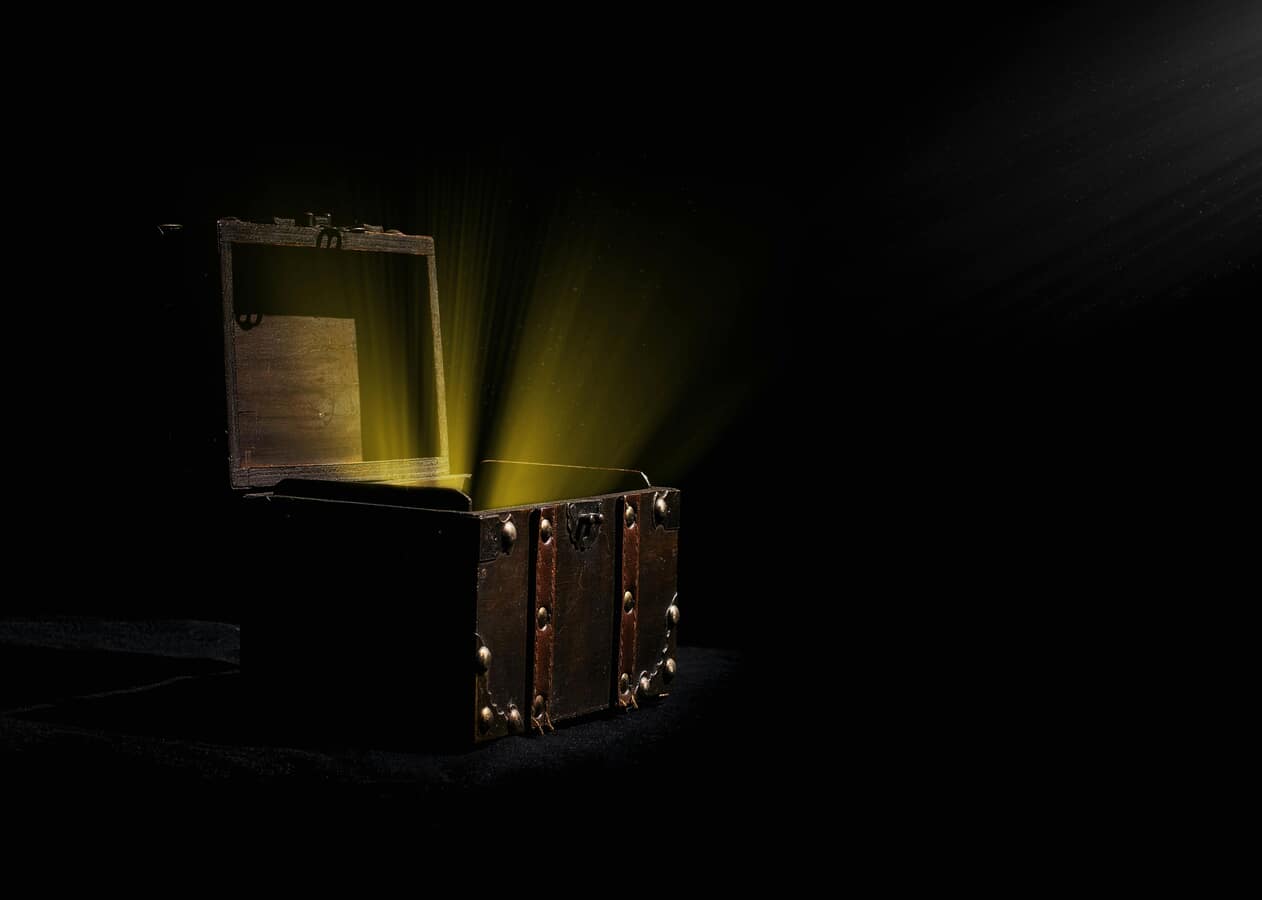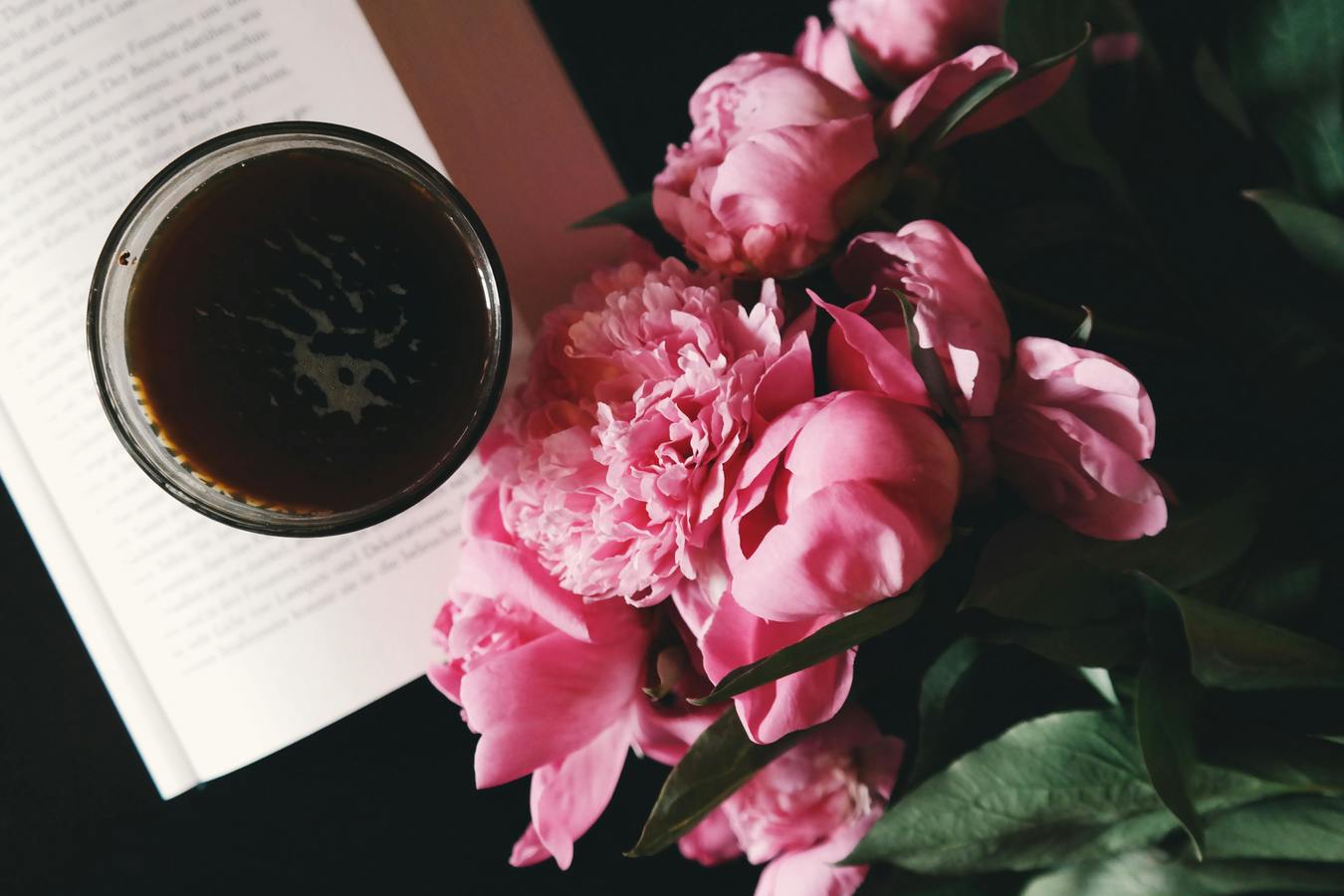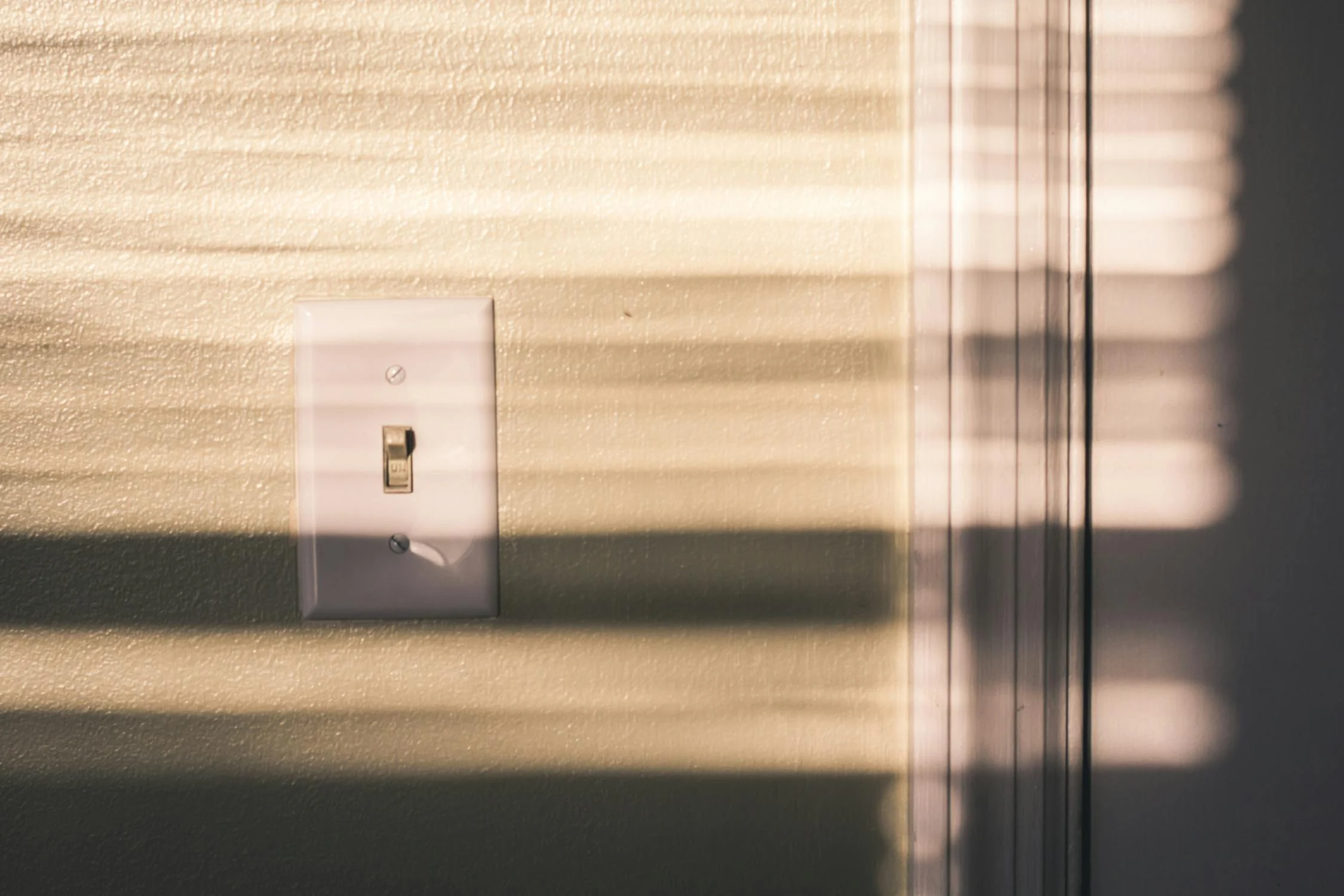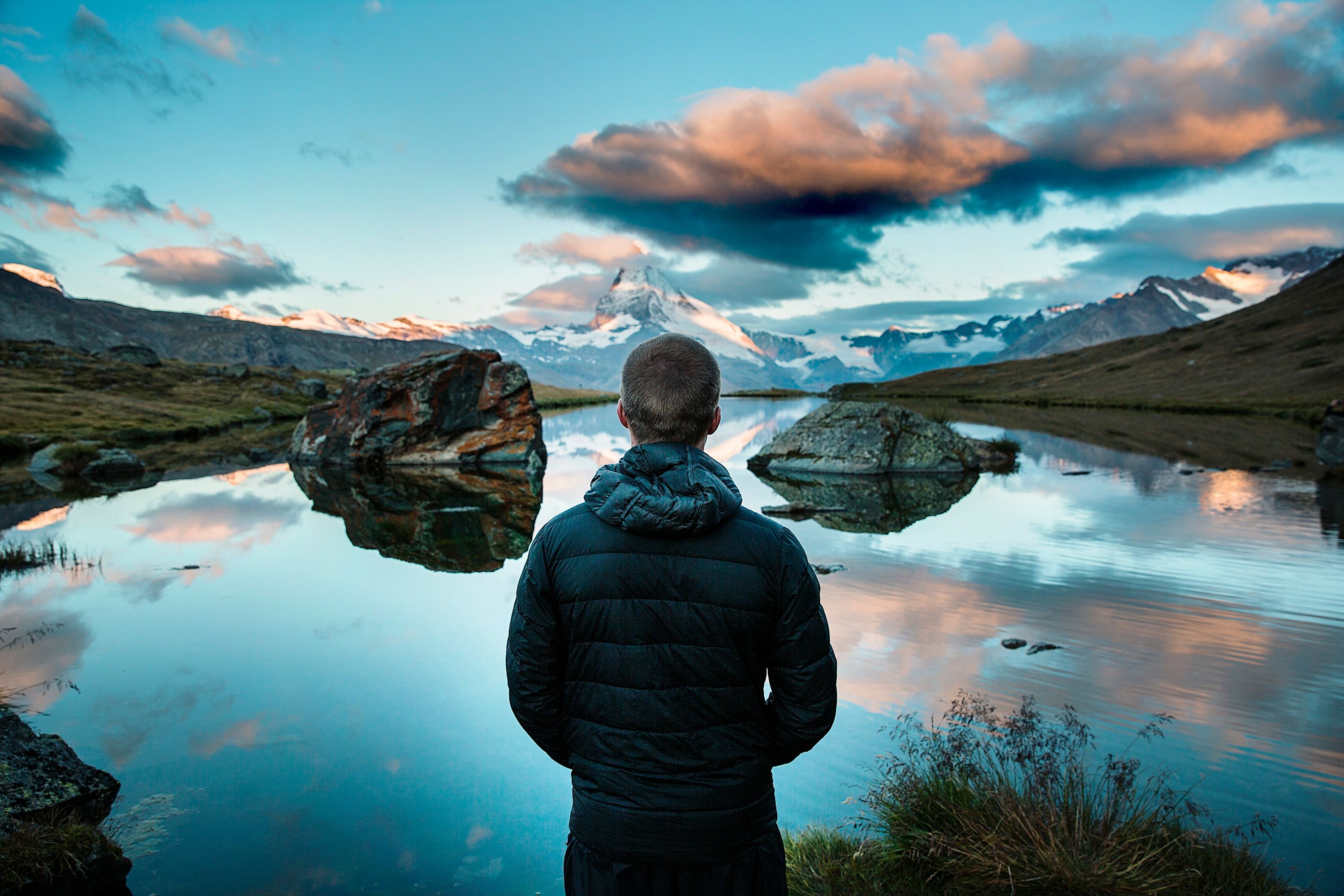Content warning: sex, sexual violence, non-consensual, SA
Online dating is like being in a big room where everyone is scanning for the hottest and most obviously immediately available individual present. It’s a room where only shiny surfaces matter: height, weight, and alignment to a mainstream standard of physical attractiveness. We all get this now, I think. We all know that ‘the apps’ are not designed to get you a partner any more than petrochemical sludge is designed to keep you looking 25 (see Jessica DeFino’s excellent work for more on beauty/skin). And yet, we use them because they are a way of connecting, a way of reaching out to people.
When it comes to dating, I think that a mix of online and IRL works best. And, in both cases, there are some things that might help make it less draining and more enjoyable.
Be fully you, or: the importance of being an 9 on the personality scale as opposed to a 7
When I first re-entered the dating world when my marriage opened in 2015, one of the resources I found most helpful was a blog by a guy called Steve Pavlina who had been navigating his own opening up as well as dating. He has some stuff on his site about life hacks and biphasic sleep, etc. which is a bit yawnsome, but the dating and relationship pieces resonated and this one, in particular, has really stayed with me.
Dating can be a place where people say one thing but mean something else. A place where the dopamine rush of multiple likes or the sending or receiving of a one-time-view photo is the real prize which the person will do anything to get – flattery works well and works often. It can also be a place where people are non-committal in the hope that the relationship/connection will solve the puzzle of ‘what they want’ for them.
It’s also a place where a lot of people fear being fully themselves.
I often wonder: where are you? Where are the things that make you fully you? The Steve Pavlina piece talks about the tendency to stick to a middle-of-the-road 7 on the personality traits and needs/wants scale. However, the best thing is to be utterly, magnificently and intensely YOU. Be explicit about where you are and what you think you are looking for (you are allowed to change your mind!) and share those details that are unique. This way you will likely only attract people who think: fuck, yeah.
Because that’s what we all hope for: that moment of mutual enthusiasm. But you’re unlikely to feel that, or receive that, if you are vague about who you are and what you’d like from dating.
Dating is all about boundaries
I’ve written about boundaries before here and here. The tl;dr is that boundaries are the internal guard rails you set for yourself when you embark on making choices or acting both for the self and in the world. Boundaries can be soft, hard or flexible, but you get to choose and decide that. Part of that choosing is about really taking time to think about what your dating boundaries are. For example: will you share certain details or not? When do you pass on a phone number? What are the rules of engagement for you on a first date? What are you happy to discuss/share/ask in initial texts and meetings. When you are clear on this it helps guide your behaviour and ensures that you feel more safe. It is also a good idea to ask about the boundaries the other person/people has/have 🙂 The more we talk about these things, the easier it all becomes. Simply put, if you can’t say no to, for example, a request for a phone number (and have that ‘no’ respected), how might that reflect on your ability to ask for a recent STI check, for a condom to be used, or for a pause in the action?
So, it’s about being clear before beginning. It’s about knowing, communicating and holding as well as reviewing boundaries. It’s an ongoing process too, one which should be considered simultaneously both fixed and in flux.
Reflecting upon, choosing and setting boundaries creates confidence. It’s a default to fall back on when things begin to escalate or when you are being asked certain things. Also, it helps you create the time and space you need to make intentional decisions. Of course, pauses and spaces between replies/actions also helps here – an issue I described in my first novel was how texting/messaging can create a dynamic that moves a lot faster than it might in real life.
Creating space for better decisions is one of the gifts of setting boundaries
Boundary-setting in the context of online dating kind of reminds me of: ‘I will not make any deals with you. I’ve resigned. I will not be pushed, filed, stamped, indexed, briefed, debriefed, or numbered. My life is my own.’ (God, how I loved The Prisoner and Patrick McGoohan when I was a teenager). Your boundaries WILL get tested! They will! So, know them, think about how you might communicate them via text or in person (pre-planned responses to common boundary-pushing requests can help) and make sure that THINKING about them is an ongoing feature of your self-check-ins.
Dating is also about the unexpected and taking (conscious) risks
What does ‘I’m not looking for anything serious’ mean? I think it’s a forcefield. It’s a way of saying no, I will not say what I want, nor perhaps will I even be honest with myself about what I want and what I need, or even see the ways in which I am perhaps getting in my own way (even if just a little…). Part of this has to do with the expectations that get loaded on to relationships. That there is a binary of all-or-nothing when it comes to another person.
Maybe you’re not ready to take a next step towards a life goal such as living with someone or having a family or sharing pets, or maybe you are fearful of change, fearful of the burden of caring: the risk of loving and the change that is inevitable along the way.
Past the age of 25, we can’t be naive or unaware any more of the challenges of long-term relating, and so, as with having kids, the decision gets loaded and becomes freighted down in a way that keeps us in a holding pattern as opposed to making a move and taking a risk.
I love the wisdom of Oliver Burkeman who, in his best-selling and well-worth-a-read Four Thousand Weeks*, describes choosing to make the commitment to his partner. He says that we are all faced with so many options that we can tread water for years, even decades, holding out for ‘better’ when we might be best just committing and making the most of what comes next. Pavlina echoes this in his piece on getting married for the second time – he chose to not let the fear of the marriage ‘not working out’ hold him back from making the leap again. Life demands courage, and these leaps of faith are necessary if we are to live at all.
Friends with benefits – everyone wants one, but almost no one is willing to do the work of becoming actual friends
Is there more to add to this wildly accurate and snappy headline? I guess you’re here for more words. But the tl;dr is that most people are rubbish at being friends and boomerang from one romantic relationship to the next, forgetting that the finding, the forming and the maintaining of friendships are separate tasks that do require a certain (often significant) amount of time as well as emotional and practical energy. It takes time to build trusting connections and it takes time to connect and get to know someone. My rule of thumb? Expect to go on at least 3–6 hours’ worth of ‘dates’ (this can, of course, include phone or video calls) and expect to be asked, and expected to respect, a few boundaries during that friendship-building.
Everyone wants respect and connection, but few are willing to invest the time needed
And boundaries with a FWB once you have embarked upon the ‘benefits’ stage? Well, again, there’s a lot online about the need for clear rules of engagement. The key takeaways are to be honest if needs change or circumstances shift, to practice safe sex, and (you might not want to hear this) NO sleepovers 🙂
Safety first
It is vital that we ALL feel safe, trusted, respected, seen and heard before we connect physically with each other. That takes as long as it takes.
There’s lots of advice online about how to date and be respectful doing it. Reflect on your tendencies, reflect on your expectations and assumptions. Make good choices.
There are some basics that are useful to put in place. They are below, in a handy cut-out-and-keep guide.
The joy of dating
Getting to know new people is also an opportunity to get to know the self in the now. What stories do you tell or re-tell with a different spin or tone, a new understanding; what secrets do you choose to keep or share? Who you are in this moment is so fresh, so new – how magical to be able to see it afresh by speaking of yourself, as well as giving the gift of this to the other.
It can be wonderful to see your own self and life with fresh eyes as well as getting to know a new person.
It can be rewarding to invest time and energy in knowing yourself more fully, getting a clearer understanding of your story to date, where you are on the map and where you’d like to explore next.
Letting go of expectations and demands, holding boundaries as well as having clear ideas about who you are and what you want (and knowing that this will all likely shift and change) is all part of the fun of exploring. So, what are you waiting for? Off you go! Have fun out there =)
——————————————————cut-out-and-keep dating guide————-————————
- Confirm a date (venue, time, etc.) 24 hours before, as well as a few hours before if you like 🙂
- Be honest, timely and respectful if you need to cancel/reschedule.
- Remember that, even after you have met, the person is a literal stranger, so proceed slowly, with deliberation, and take common-sense precautions (this is for everyone, but especially, I’m sorry to still have to say, for women). Meet in a public place, buy your own drink, or make sure it’s always visible to you, and ensure someone knows where you are and is expecting a check-in after. First-to-third dates should be kept short and sweet – 2–3 hours max. And these rules apply for the first few meetings AT LEAST.
- Be wary of being explicit about sexual preferences and experience in the initial contact stages.
- Avoid sharing photos until you have built a trusted connection.
- Do not share your address, or too many personal details, until you have built a trusted connection.
- A sincere person will wait you to feel safe, so you should be able to speak up.
- The person who wants to go slowest sets the pace.
————————-———————–—————-cut out and keep——————–——————–————
Further Reading
https://www.rapecrisisscotland.org.uk/resources/rpc-sexualviolenceonline-relationships-web.pdf
https://stevepavlina.com/blog/2014/09/ones-and-tens/
https://stevepavlina.com/blog/2013/12/4d-relationships/
* there are two nice summaries here if you don’t want to read the whole thing:
https://metro.co.uk/2022/06/12/the-big-happiness-interview-how-to-make-the-most-of-your-4000-weeks-16808436/ and https://www.theguardian.com/books/2021/aug/16/four-thousand-weeks-time-and-how-to-use-it-by-oliver-burkeman-review
https://www.amazon.co.uk/Four-Thousand-Weeks-Embrace-limits/dp/1784704008/
https://www.eharmony.co.uk/dating-advice/dating/dating-multiple-people















